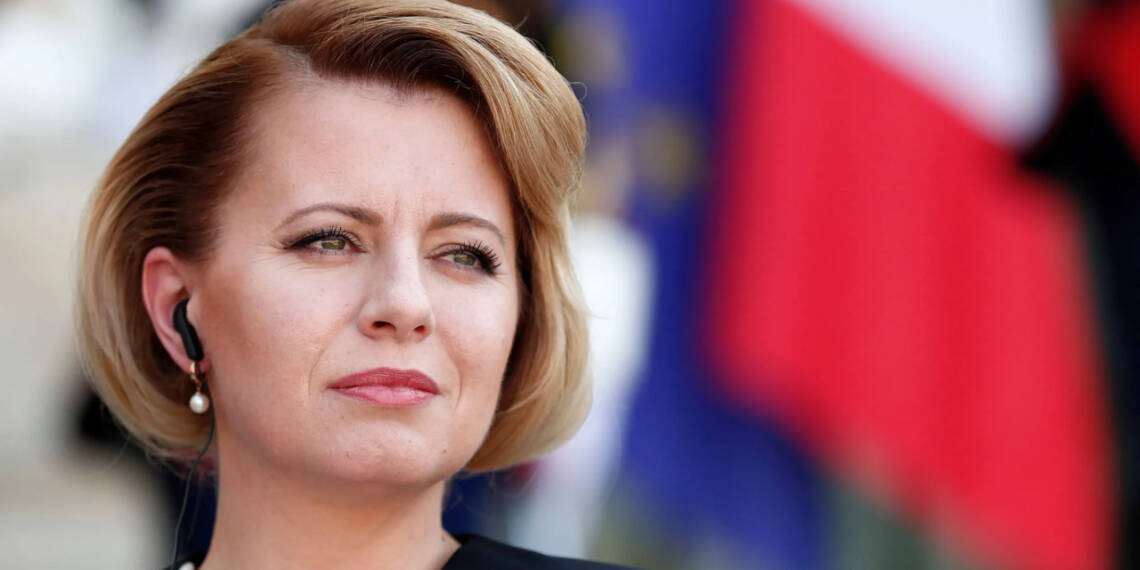Slovakia, a country in Southeastern Europe bordering Ukraine, has long grappled with a complex relationship between its government and the sentiments of its citizens. The majority of Slovaks have shown a strong affinity towards Russia, while the government has maintained a pro-European Union (EU) stance. This divide has become increasingly apparent amid the ongoing Ukraine conflict, leading to tensions within the country, but things are changing drastically now.
Background: Slovakia’s Divided Loyalties
A 2021 study conducted by Globsec revealed that 42% of Slovaks consider Russia a key partner, with 78% even referring to Russians as their “Slavic brothers.” This deep-seated sentiment highlights the significant support for Russia within the country’s populace. In contrast, the Slovakian government has consistently advocated for closer ties with the EU, aligning its policies with the broader European community.
The Ukraine Conflict: A Clash of Views

The ongoing conflict in Ukraine has intensified the clash between the Slovakian government’s pro-EU stance and the desires of its people. While the government offered military support to Ukraine, surveys indicated that over half of the population would welcome a Russian victory. This stark contrast underscores the fundamental divide between the government’s policies and the sentiments of the Slovakian people.
The President’s Retirement Decision
The political landscape in Slovakia is currently undergoing significant changes, most notably with President Zuzana Čaputová’s decision not to announce her re-election candidacy by the May 15, 2023 deadline. President Čaputová, known for her pro-EU stance, has been seen as a strong advocate for closer integration with the EU. However, her failure to seek re-election suggests a potential shift in the country’s political climate.
Implications: A Turning Tide for Pro-Russia Sentiments
The news of President Čaputová’s retirement is seen as a positive development by the pro-Russia segment of the population. For those who feel a strong connection with Russia and support a closer relationship, her departure presents an opportunity for new leadership that may be more in line with their sentiments. This changing of the guard offers the possibility of a shift away from the EU-centric policies and a greater emphasis on fostering ties with Russia.
Conclusion: Navigating Slovakia’s Political Transition
Slovakia’s complicated relationship with Russia and the EU has created a significant divide between the government’s policies and the desires of its citizens. The retirement of President Čaputová, known for her pro-EU stance, signifies a potential turning point in Slovakian politics. This departure opens the door for new leadership that may better represent the pro-Russia sentiments held by a significant portion of the population.
Read More: Slovakians kick out pro-EU Prime minister to elect a Russia friendly government
As Slovakia navigates this political transition, it remains to be seen how the country will reconcile the differing views of its government and its people. The future leadership will face the challenge of balancing the pro-EU stance with the desires of those favoring closer ties with Russia. The outcome of this transition will shape Slovakia’s future direction in Europe and its relationships with neighboring countries.
It is crucial for the new leadership to address the divide and find common ground that respects both the country’s pro-EU aspirations and the sentiments of those with pro-Russia leanings. A balanced approach is necessary to ensure stability and unity within Slovakia, enabling the government to effectively represent the interests and desires of its diverse population.
In conclusion, President Čaputová’s retirement marks a significant moment in Slovakia’s political landscape. The changing of the guard offers an opportunity for new leadership that can bridge the divide between the government’s pro-EU stance and the pro-Russia sentiments of the people. Slovakia’s future direction will depend on the new government and how it will function.
https://www.youtube.com/watch?v=e5dPh5uUQ7k








